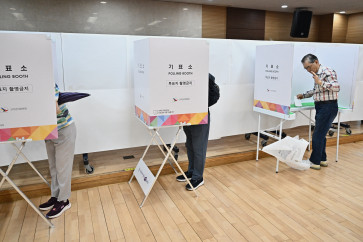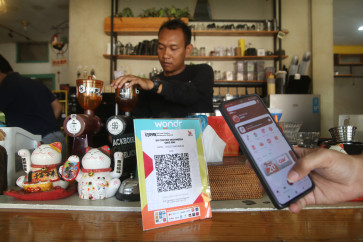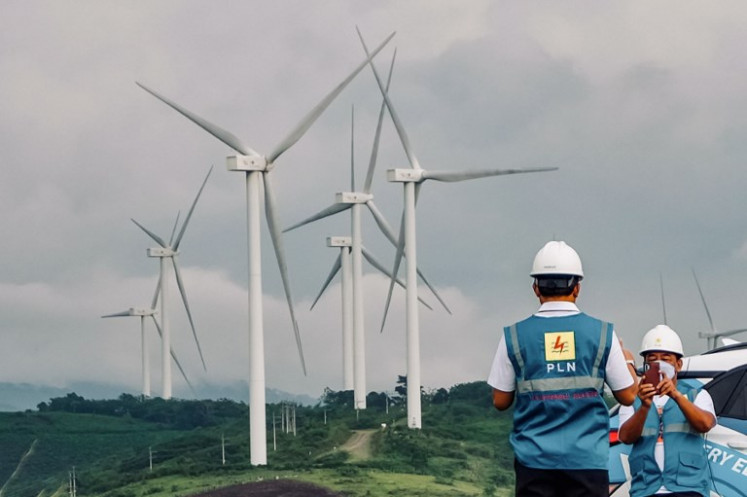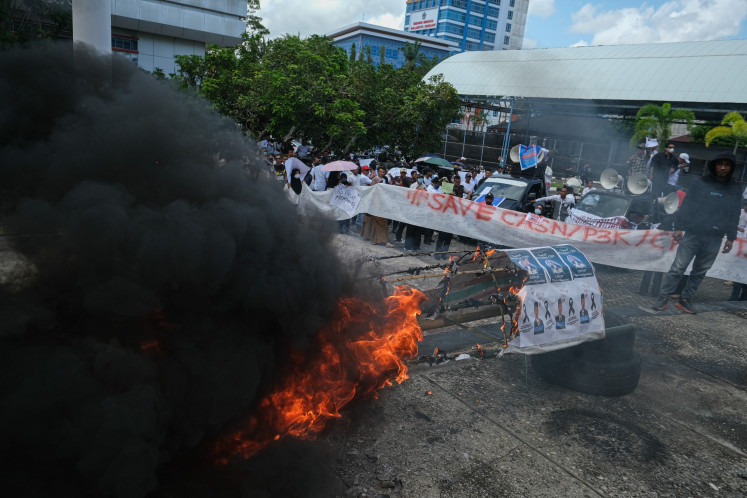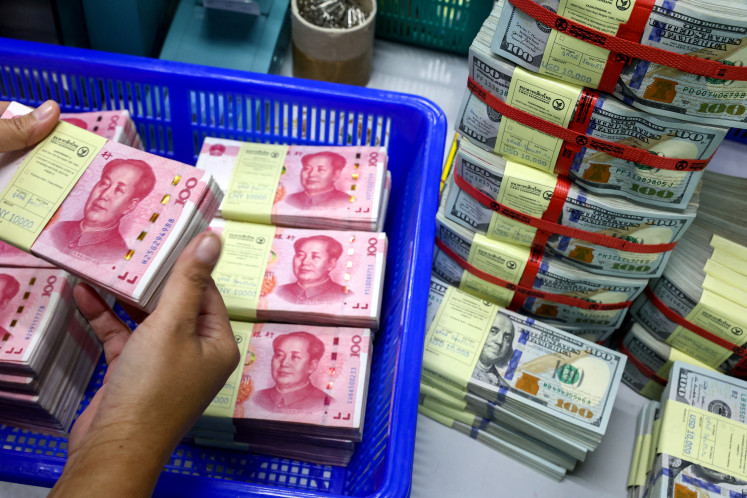GSP not affected after US drops RI from developing countries list
The government has confirmed that the United States' decision to scrap Indonesia from its list of developing countries will not affect Indonesia’s Generalized System of Preference (GSP) facilities
Change text size
Gift Premium Articles
to Anyone

T
he government has confirmed that the United States' decision to scrap Indonesia from its list of developing countries will not affect Indonesia’s Generalized System of Preference (GSP) facilities.
A document from the Office of the Coordinating Economic Ministry notes that various industries had already suspected the new United States Trade Representative (USTR) policy would affect the GSP facility for Indonesian exports to the US.
On Feb. 10, the US agency excluded Indonesia from its developing and least-developed countries list, which means Indonesia is no longer eligible for Special Differential Treatment (SDT) from the WTO’s Agreement on Subsidies and Countervailing Measures.
“Nevertheless, the United States Embassy in Jakarta has confirmed that the new USTR notice has no effect on Indonesia’s GSP facilities,” the ministry wrote in a statement on Tuesday. “The policy only affects the US’ countervailing duty investigations, not the GSP."
Quoting the embassy, it added that “the GSP statute does not make ‘developing country’ status a consideration”.
The GSP beneficiary status is based on 15 criteria defined in a different statute, including reserving eligibility to middle-income and low-income countries as defined by the World Bank.
Since 2011, Indonesia has been one of 120 countries that have benefited from the GSP facility, the oldest and largest US trade preference program. It aims to promote economic development in beneficiary countries and territories by eliminating duties on thousands of products.
The government’s update could help ease worries that the new US policy would hit Indonesian exporters. The GSP facility covers 3,544 Indonesian products with an annual export value of US$2.1 billion as of 2018, according to Bahana Sekuritas economist Satria Sambijantoro.
In 2019 alone, Indonesia exported 20 products under the GSP facility, such as leather, jewelry and chemical products, with a total value of $1.6 billion from January to August, up from $1.2 billion during the same period last year, Trade Ministry data showed.
“We have just received clarification from the USTR that this [policy] will only be applicable to Indonesia’s status in the World Trade Organization, meaning that it has no impact on the GSP,” Indonesian Chamber of Commerce and Industry (Kadin) vice-chair for international relations Shinta Widjaja Kamdani told The Jakarta Post.
However, there is reason to believe the new USTR policy could affect Indonesia’s trade balance, which enjoyed a $9.6 billion non-oil-and-gas surplus with the US in 2019. The US is Indonesia’s second-largest non-oil and gas export destination, making up about 11.4 percent of Indonesia’s total non-oil and gas exports.
The Trade Ministry previously said the new policy would lower the de minimis threshold to 1 percent, a figure usually given to developed countries, as opposed to the 2 percent threshold in the previous policy. The threshold refers to the value of imported goods below which no duty or tax is collected.
The policy recognizes certain nations as developed countries after the share of goods they export to the US exceeds 0.5 percent of total US imports. Indonesian products contributed about 0.8 percent to US imports in 2019 ($21.2 billion), Bank Mandiri chief economist Andry Asmoro noted.
“This [policy] may harm Indonesia’s export performance,” Andry concluded.
Speaking to the Post on Monday, Coordinating Economic Minister Airlangga Hartarto played down the effects of the revoked designation.
“We should be happy to be counted among the Group of 20, as the world’s 15th or 16th-largest [economy],” he said, noting that the government should be pushing for wider recognition in its bilateral and multilateral dealings.

